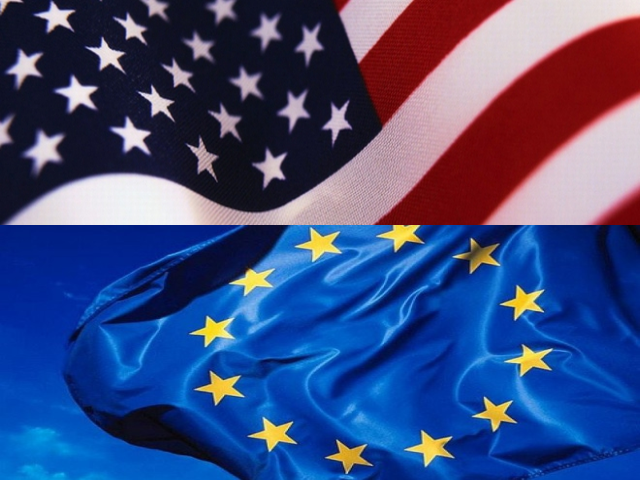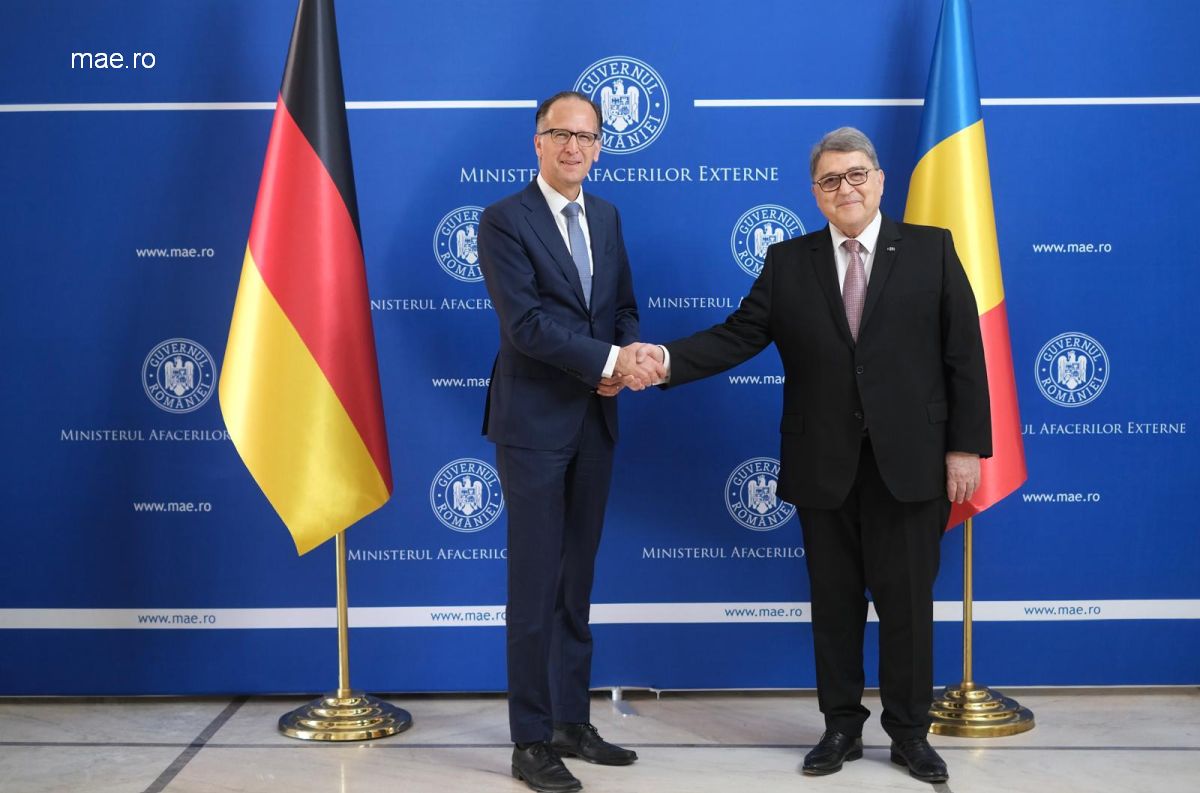Western Decisions in Ukraine Crisis
Convening in Brussels for the spring session of the European Council, the European leaders have decided to extend the list of Russian and Ukrainian officials subject to sanctions following Crimea’s annexation by Russia. The sanctions include visa restrictions and the freezing of the accounts these people opened in the EU, and they are similar to the sanctions previously announced by the Obama administration.

Corina Cristea, 21.03.2014, 14:38
Convening in Brussels for the spring session of the European Council, the European leaders have decided to extend the list of Russian and Ukrainian officials subject to sanctions following Crimea’s annexation by Russia. The sanctions include visa restrictions and the freezing of the accounts these people opened in the EU, and they are similar to the sanctions previously announced by the Obama administration.
Moscow should accept dialogue, according to Brussels and Washington officials, who underlined that, unless a political solution is found, key sectors of the Russian economy could be affected, should tensions escalate. The account freeze and the EU and the US travel bans for the members of Vladimir Putin’s entourage did not have significant effects in Moscow, and Bloomberg analysts say that Russia’s annual oil and gas exports could be the most efficient weapon to be used by Kremlin to limit the sanctions taken against Russia.
Russia is the world’s biggest oil producer, and in 2012 it exported to Europe and the US oil, fuels and natural gas-based chemical fertilizers worth 160 billion dollars. According to analysts, an embargo on these exports could indeed deprive the Russian government of substantial funds, but consumers in Europe could have a lot to lose and the measure could turn out to be inefficient.
For the moment, the German chancellor Angela Merkel said Germany, Russia’s main trade partner in Europe, was ready to accept the economic consequences of the prospective sanctions against Russia. The EU also decided to cancel the summit with Russia scheduled for June, in retort to the annexation of Crimea.
Meanwhile, the developments in Ukraine have stepped up the EU enlargement process. At the European Council, Brussels and Kiev signed the political chapters of Ukraine’s Association Agreement with the EU. The EU leaders also decided that the similar agreements with the Republic of Moldova and Georgia should be signed sooner than originally scheduled, namely in June.
NATO’s stand on the admission of new members could also change, said the secretary general of the Alliance, Anders Fogh Rasmussen, who reiterated that the Alliance was making efforts for countries such as Bosnia and Herzegovina, Montenegro and Georgia to be admitted into NATO.






























